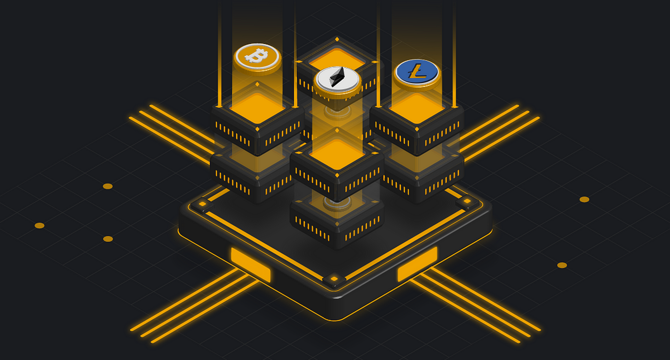Medium
1M
386

Image Credit: Medium
How Oracles Take Smart Contracts to the Next Level in the Real World
- Smart contracts powered by blockchain streamline business agreements and transactions, but require real-world data for practical use.
- Blockchain oracles act as bridges between smart contracts and external data sources, enabling contracts to respond to real-world events.
- Oracles solve the 'oracle problem' by securely bringing off-chain data onto the blockchain for smart contracts to utilize.
- Types of oracles include inbound, outbound, software, hardware, centralized, and decentralized, each catering to different business needs.
- Oracles fetch, verify, and format external data for smart contracts, allowing for decisions based on real-world events.
- Real-world use cases of oracles in action include supply chain management, insurance, financial services, IoT devices, decentralized finance, and more.
- Oracles introduce new risks, which can be mitigated through decentralized oracles, data aggregation, reputation systems, and cryptographic proofs.
- When choosing an oracle solution, factors to consider include data source reliability, decentralization, security features, and integration ease.
- As blockchain adoption expands, the role of oracles in providing reliable data for smart contracts will grow, leading to more innovation and efficiency.
- Investing in smart contract development services with oracles can automate processes, reduce costs, and enhance trust, offering new possibilities for businesses.
Read Full Article
23 Likes
For uninterrupted reading, download the app